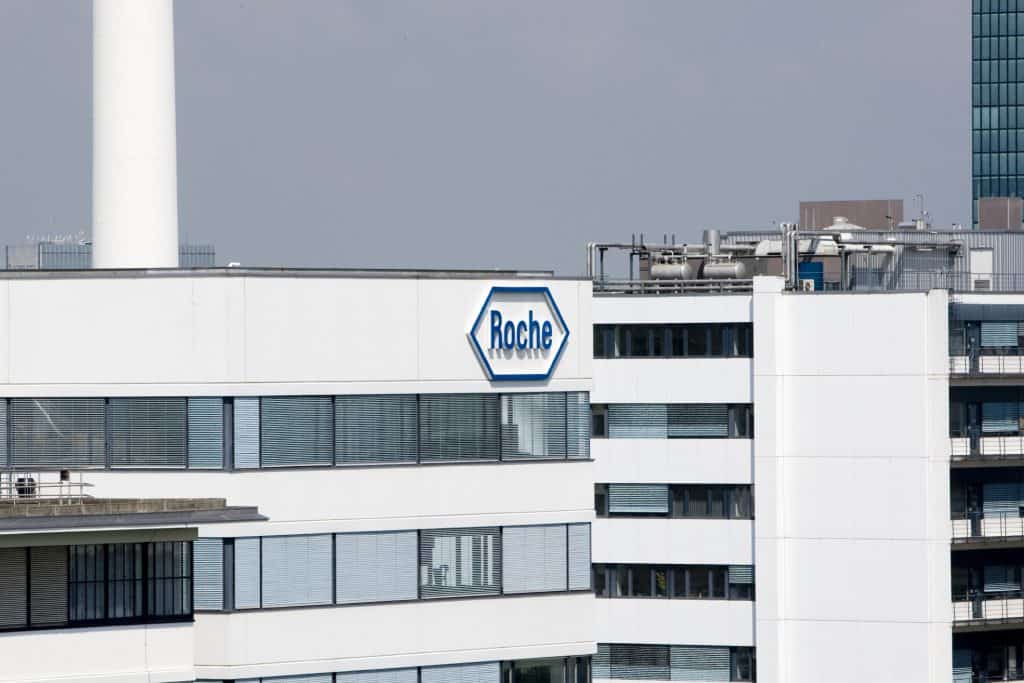
Roche’s immunotherapy improves PFS but unclear long-term benefit in lung cancer
pharmafile | March 20, 2018 | News story | Manufacturing and Production, Research and Development | Roche, biotech, drugs, pharma, pharmaceutical, tecentriq
Roche’ Tecentriq needs a big result in the immunotherapy space – it initially burst onto the scene as a third-to-market treatment and started gaining patients in the bladder cancer area before its rivals had managed to gain a foothold.
Then it hit a snag. The FDA approved the treatment for patients ineligible for chemotherapy, based on preliminary data that it needed to back up with improvements to overall survival (OS). However, in a follow-up trial, it failed to show that benefit. It still managed to hold onto its indication but it ceded market share to MSD’s Keytruda, which had no such problems.
It is left needing to expand into other indications and quickly, but it received inconclusive interim data from a new Phase 3 trial into the use of the drug, alongside chemotherapy and Abraxane, in advanced squamous non-small cell lung cancer (NSCLC).
Tecentriq was able to show an improvement to progression-free survival (PFS) in first-line treatment but couldn’t show at the interim stage that there was a statistically significant boost to OS. If it can show that OS, it would be a huge win for the company, potentially adding approximately a billion dollars onto sales.
The company revealed that it will hang tight for mature data, in the hope that longer term data of the 1,021 person trial should give it the statistics it wants to see in OS.
“Squamous non-small cell lung cancer is difficult to treat and there have been limited new treatment options over the last few decades,” said Sandra Horning, Chief Medical Officer and Head of Global Product Development. “We will share the IMpower131 results with global health authorities and we look forward to seeing more mature overall survival data.”
With other competitors in an ever-widening field hoovering up indications, Roche needs to add indications beyond its current shaky indication in bladder cancer and second-line treatment of advanced non-squamous NSCLC.
Ben Hargreaves
Related Content

Roche’s Alecensa approved by FDA as lung cancer treatment
Roche has announced that the US Food and Drug Administration (FDA) has approved Alecensa (alectinib) …

Genentech’s Columbi meets primary endpoint in phase 3 trial for lymphoma treatment
Genentech, part of the Roche Group, has announced that its phase 3 STARGLO trial has …

Lonza to acquire biologics site in Vacaville, US from Roche for $1.2bn
Lonza has announced that it has signed an agreement to acquire the Genentech large-scale biologics …







